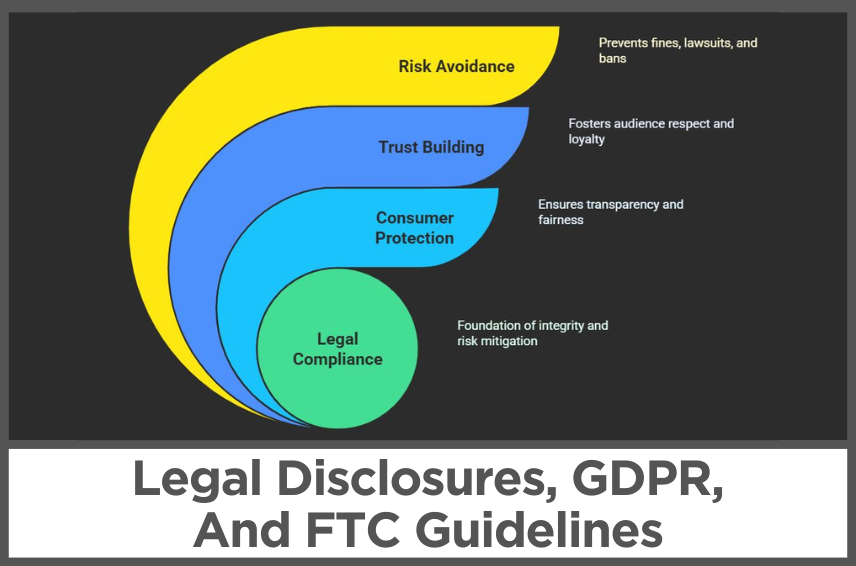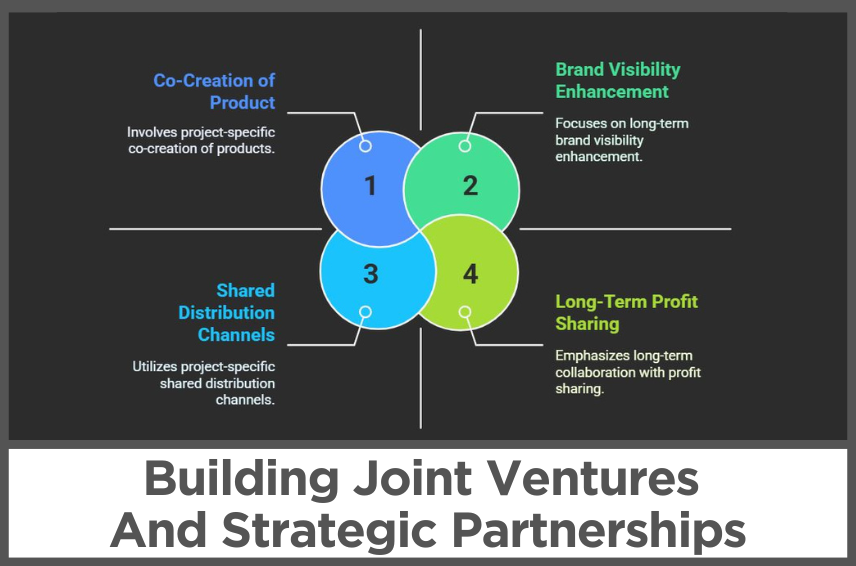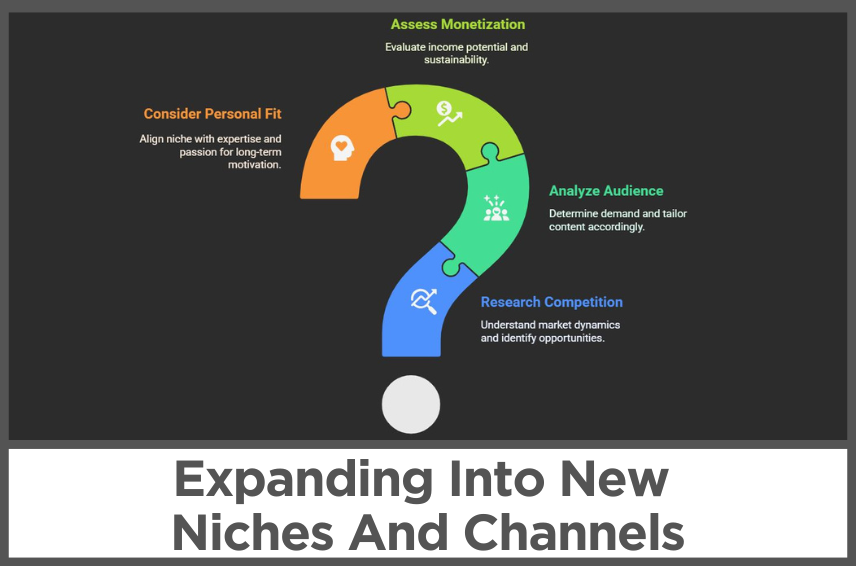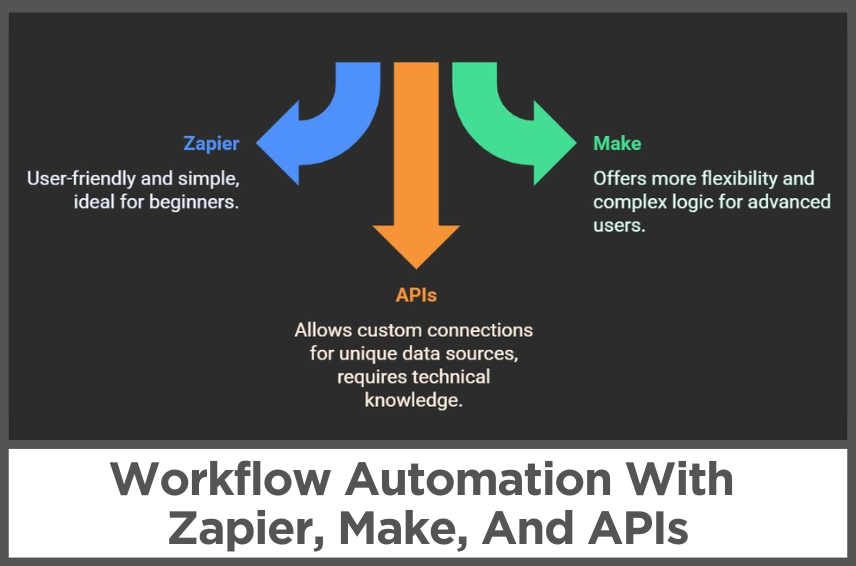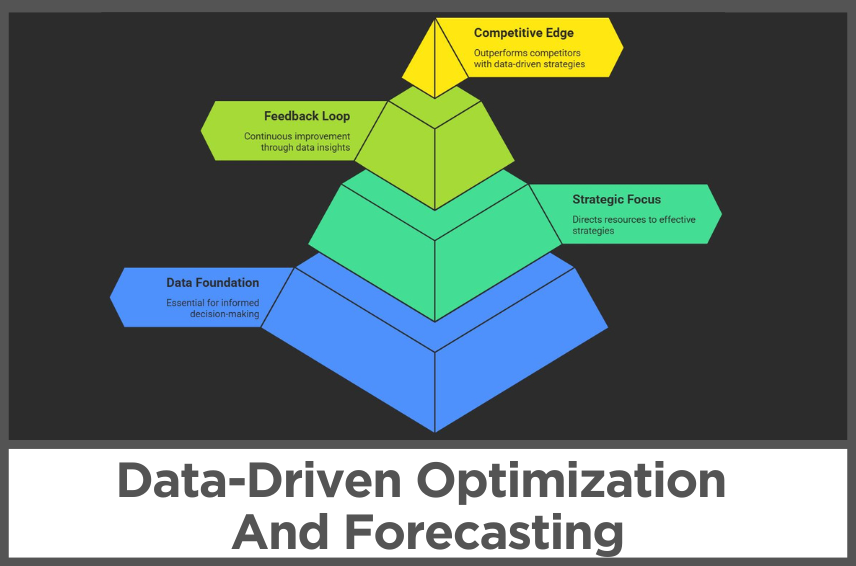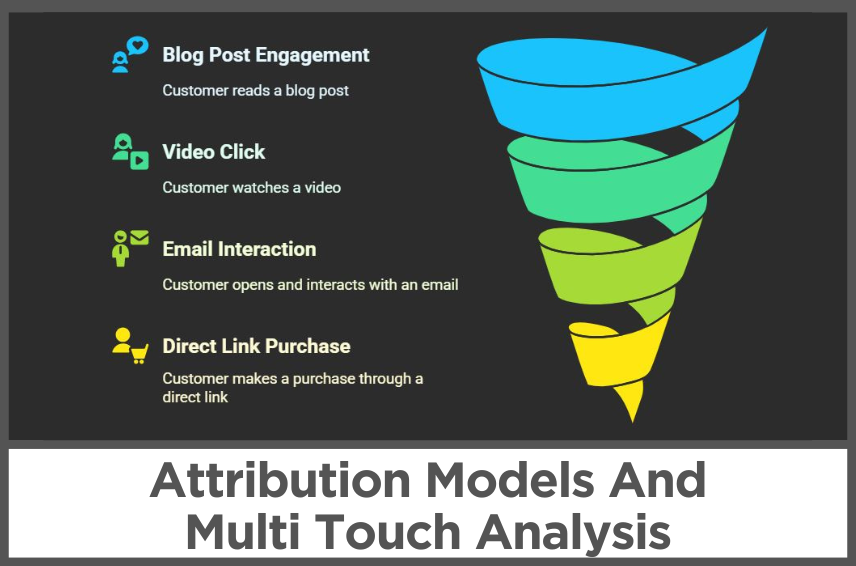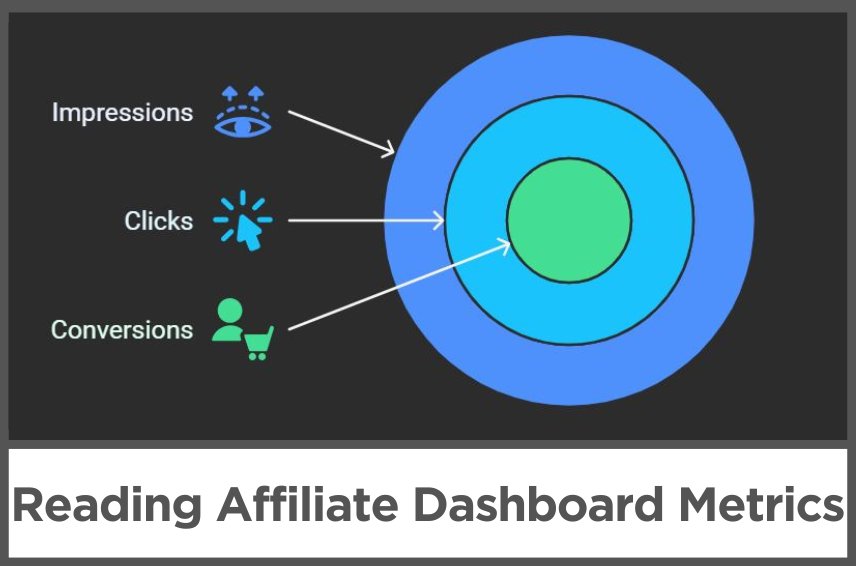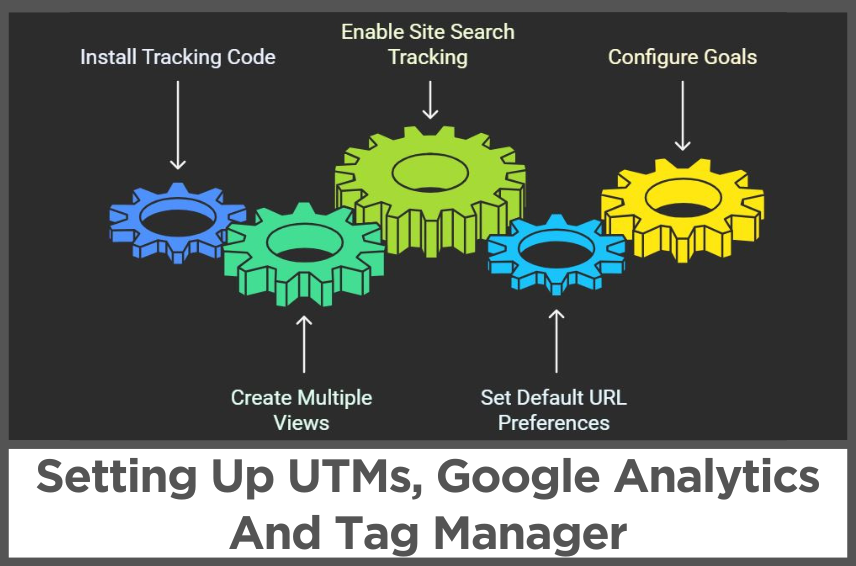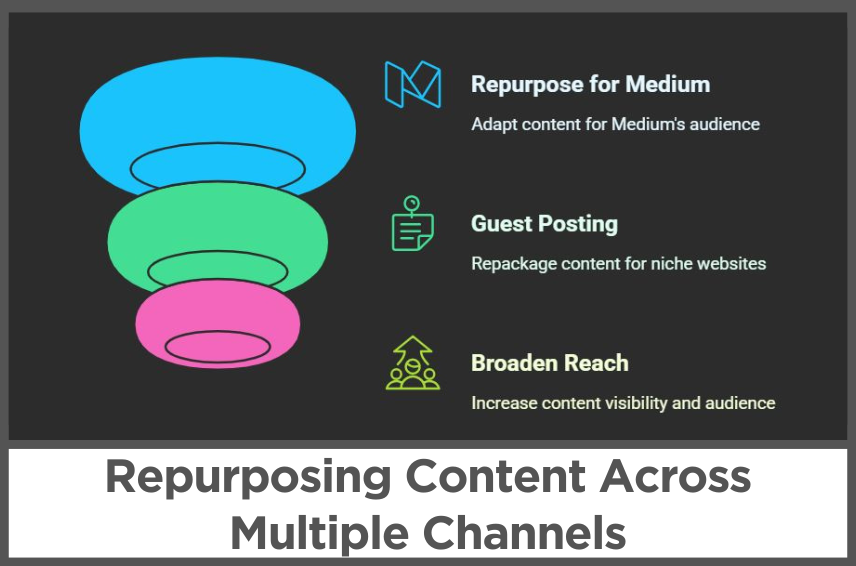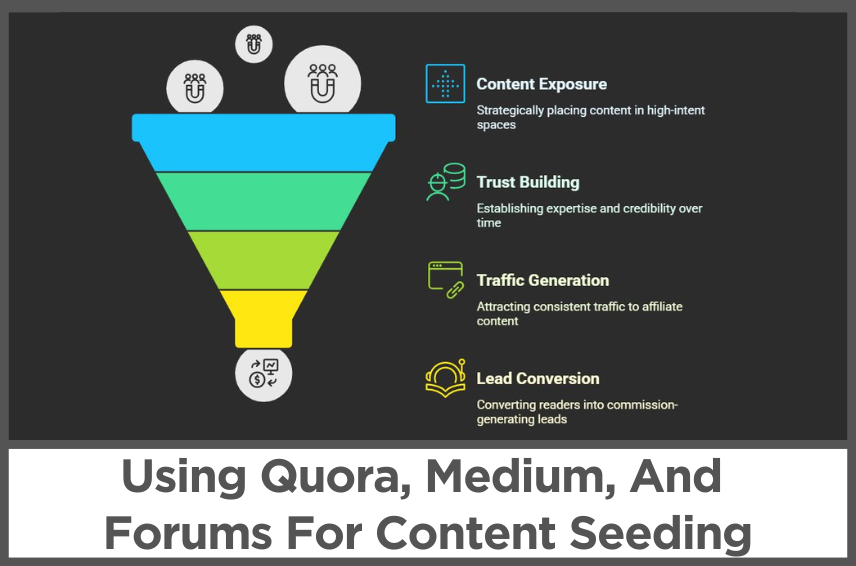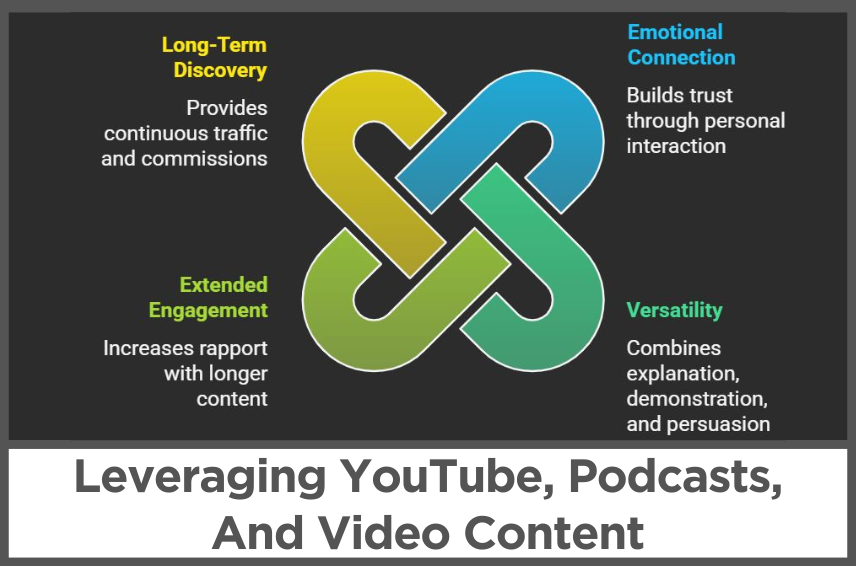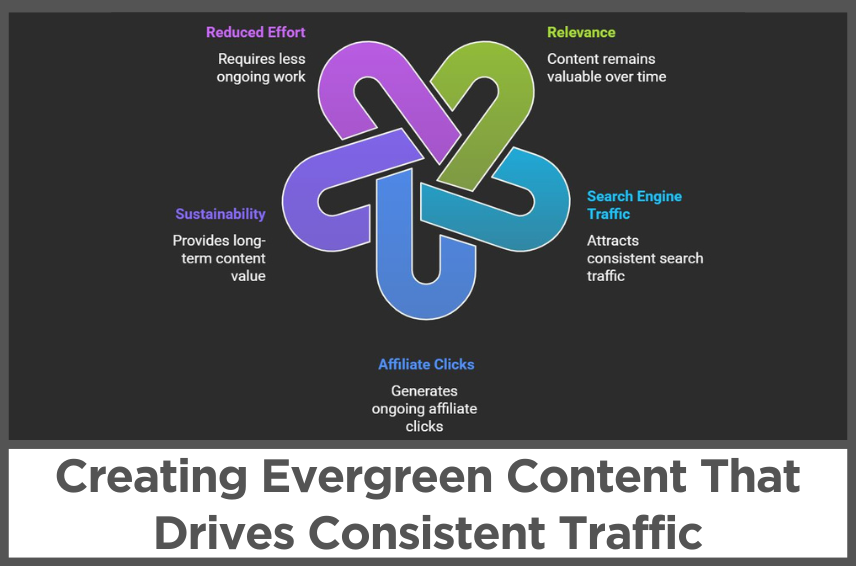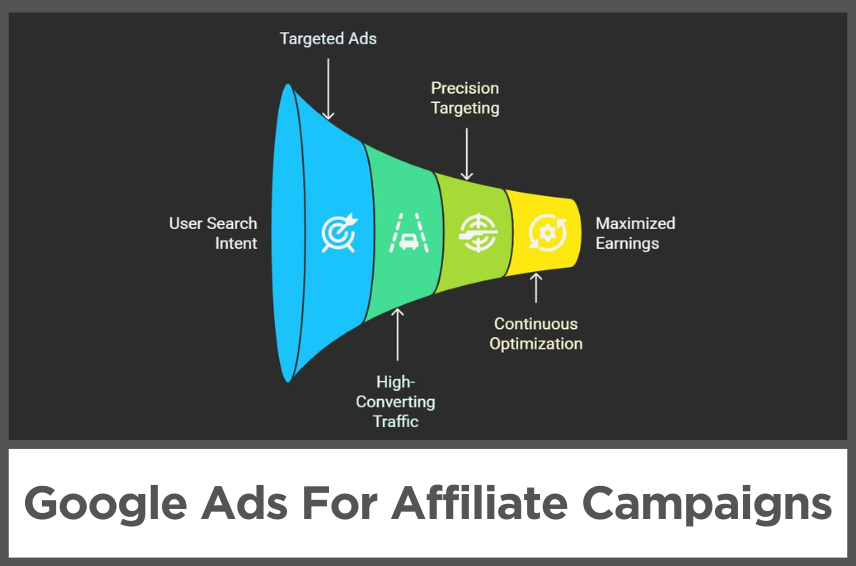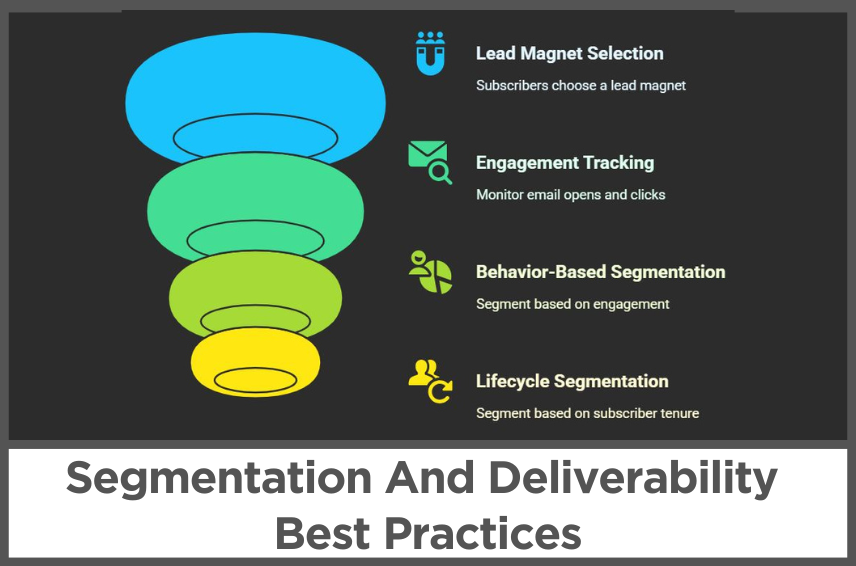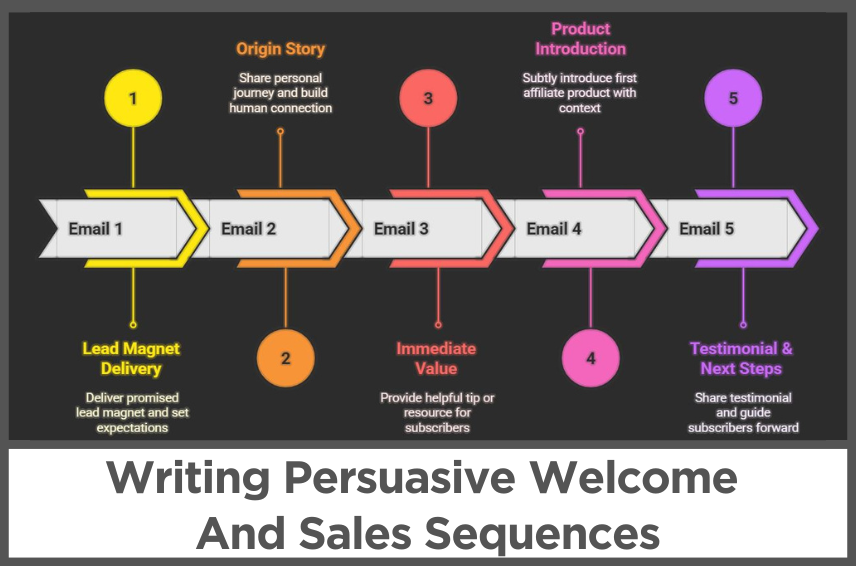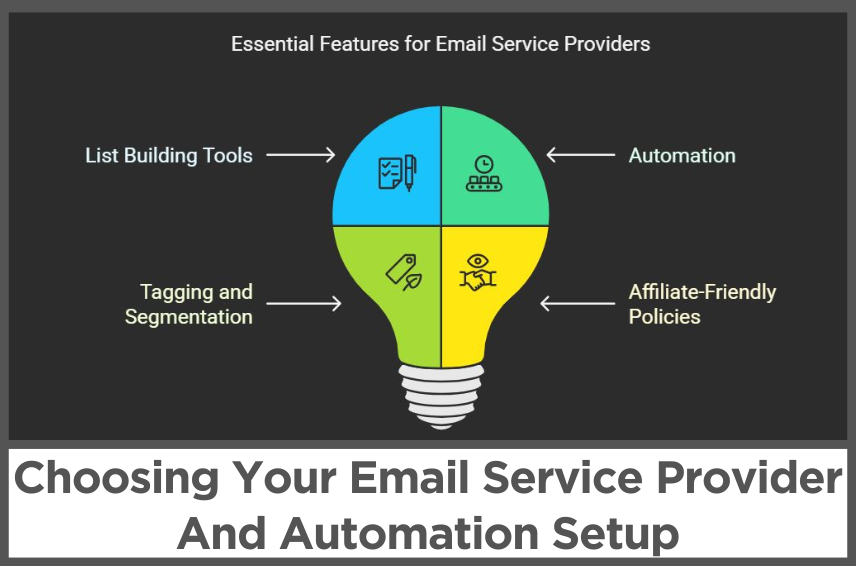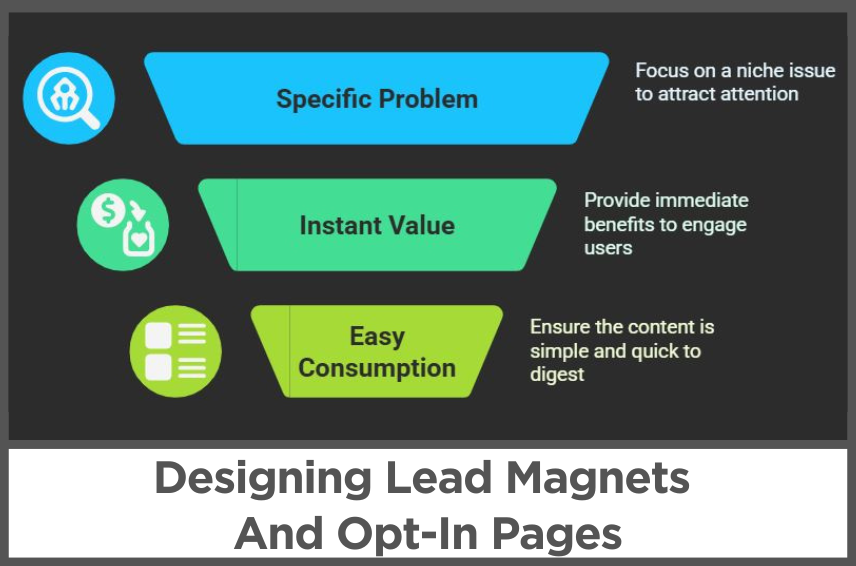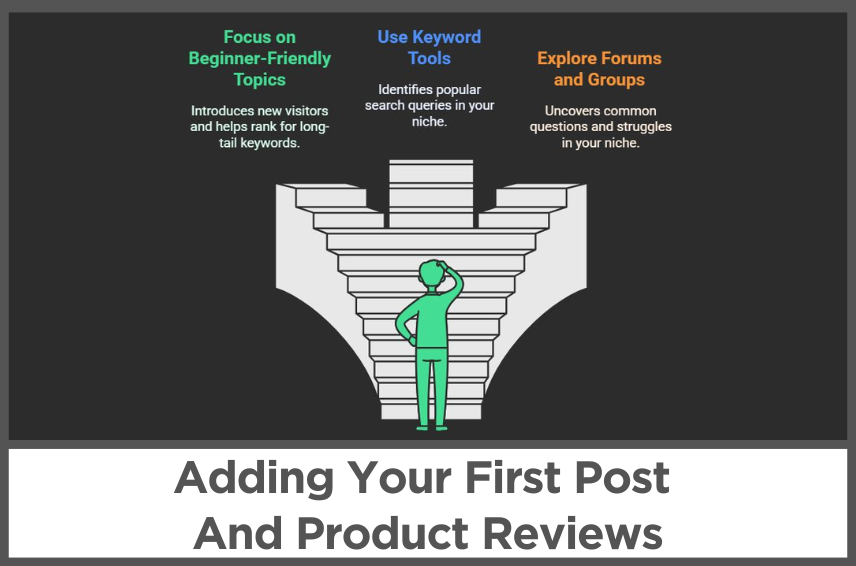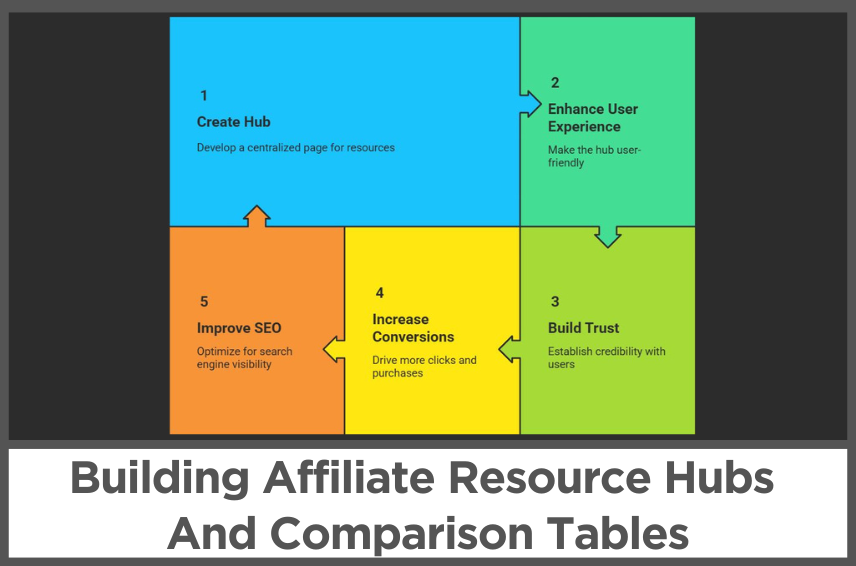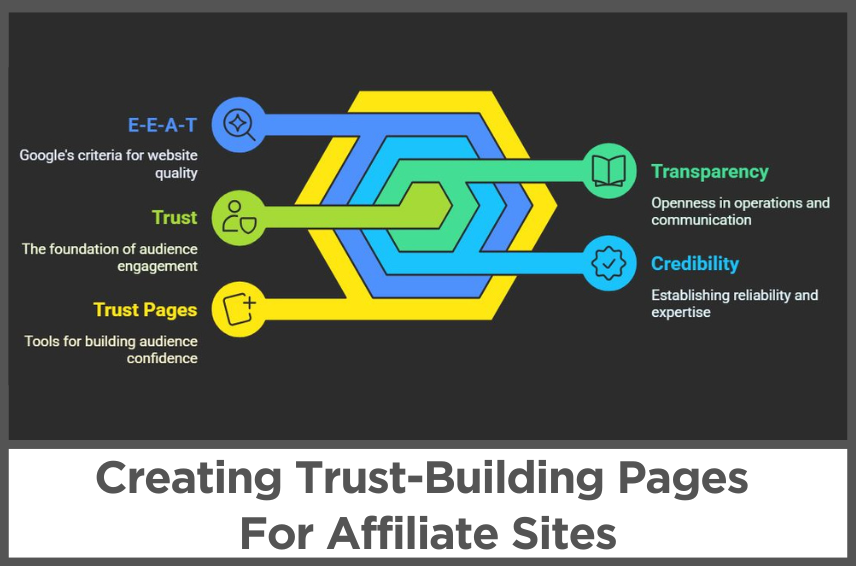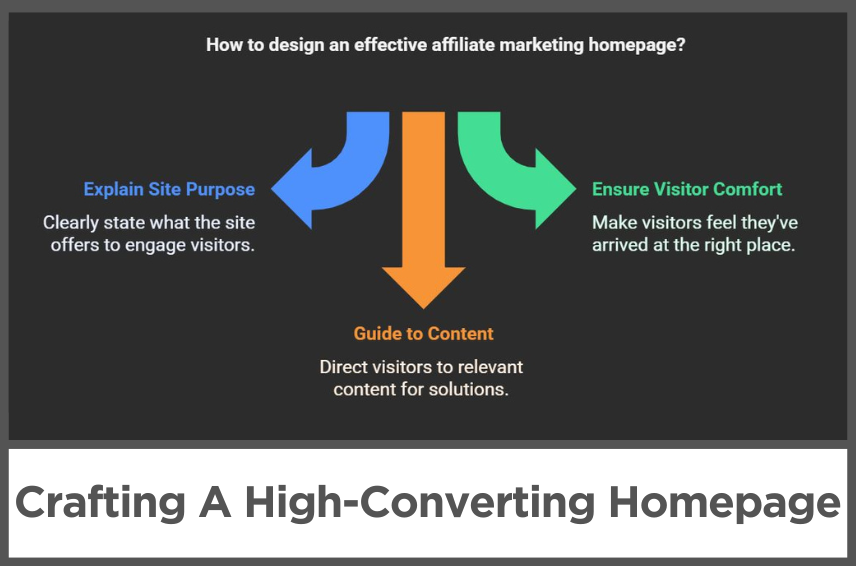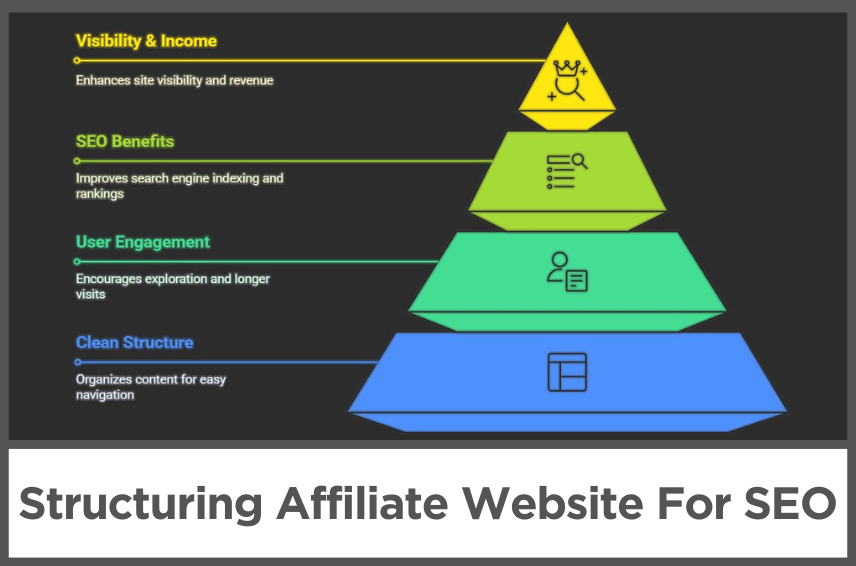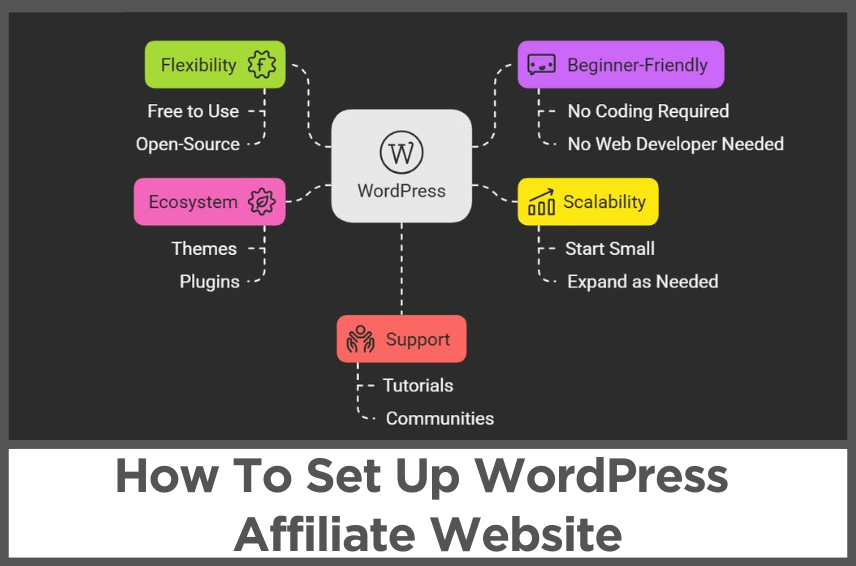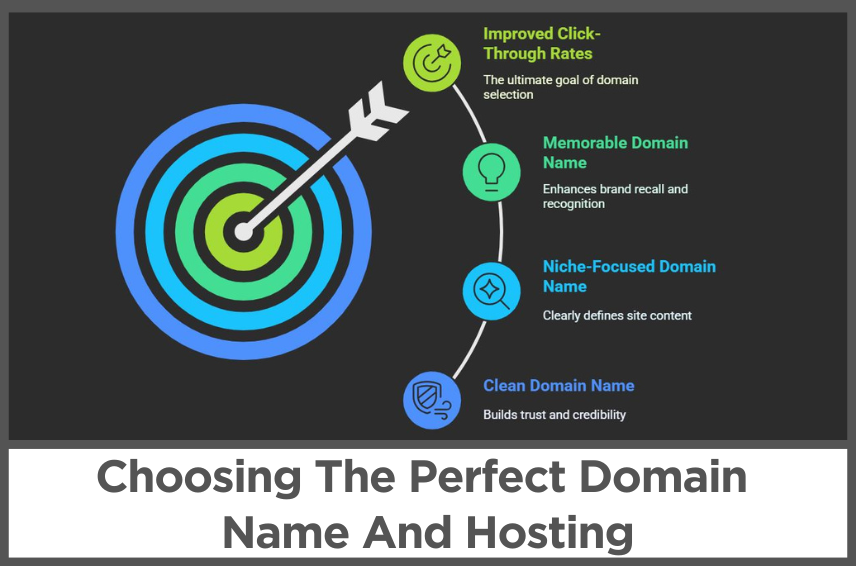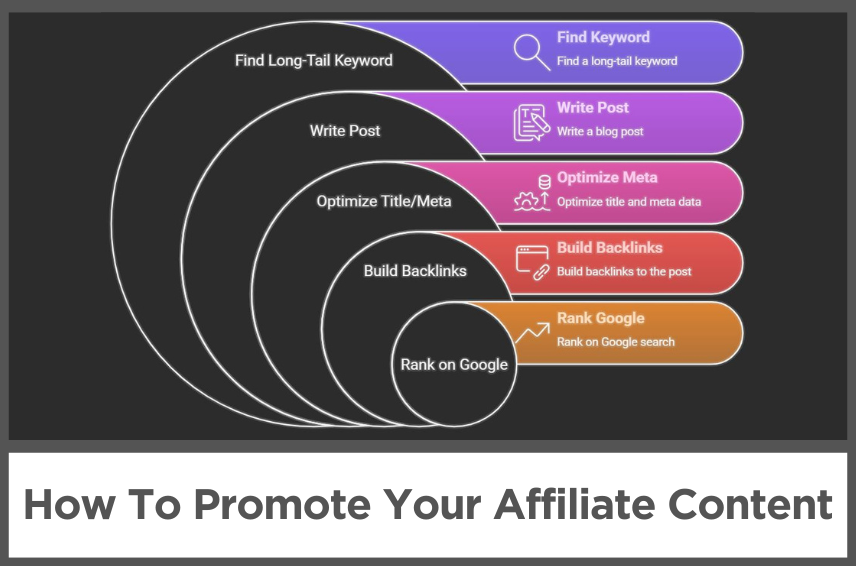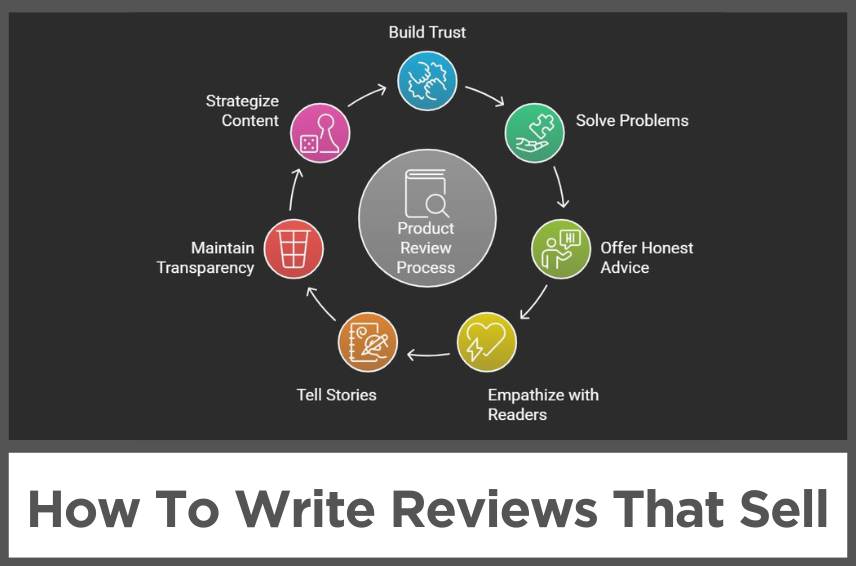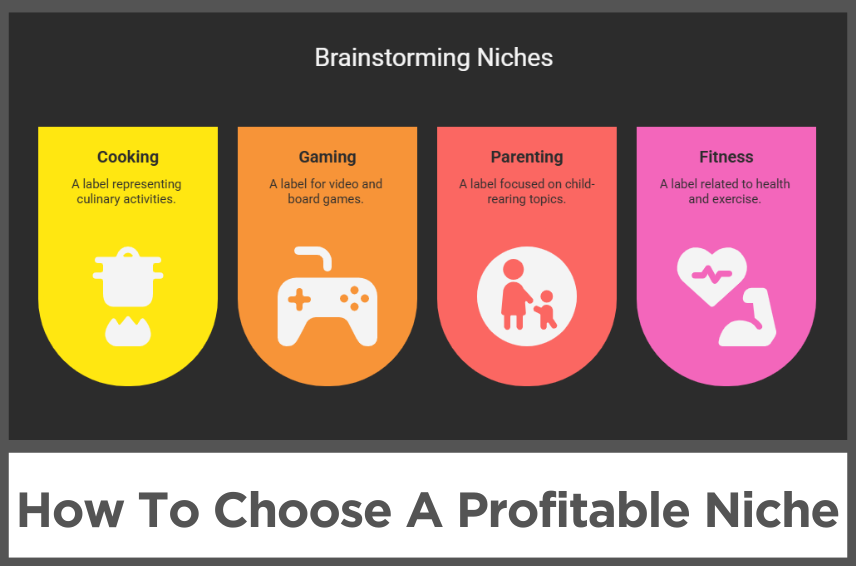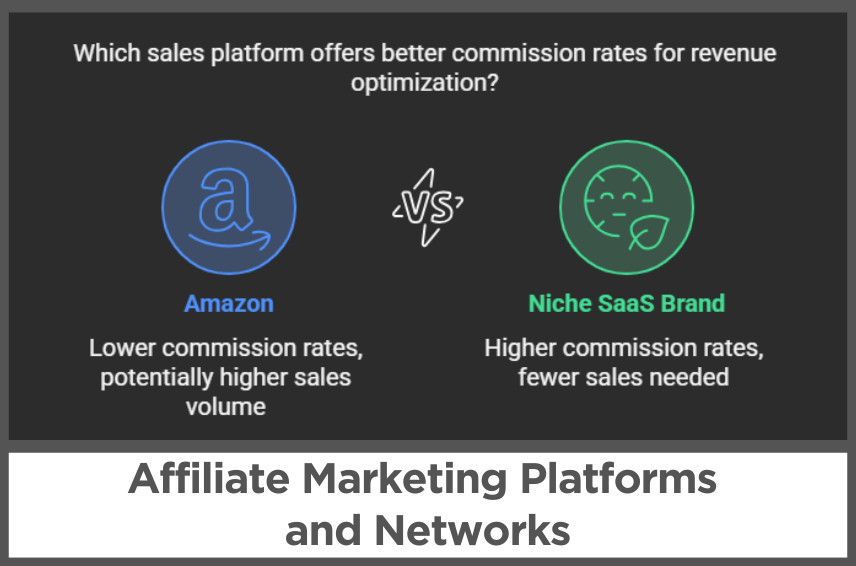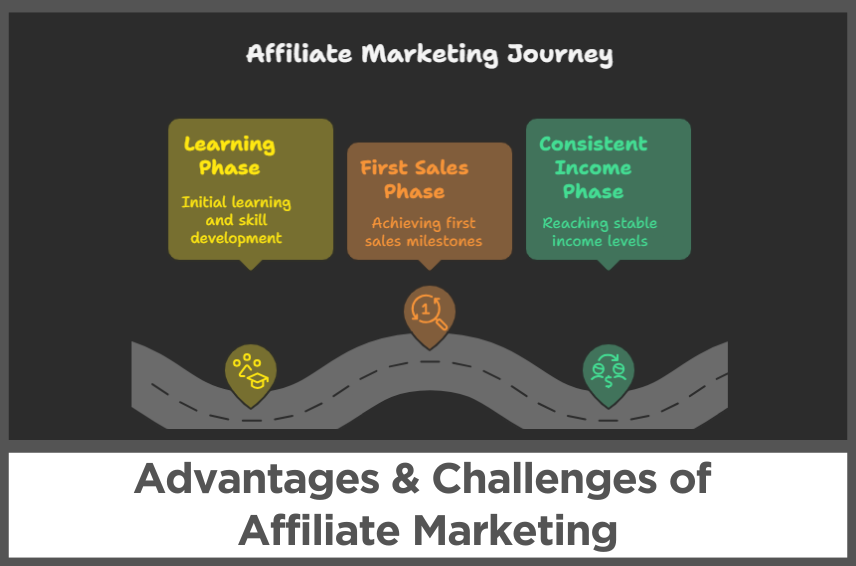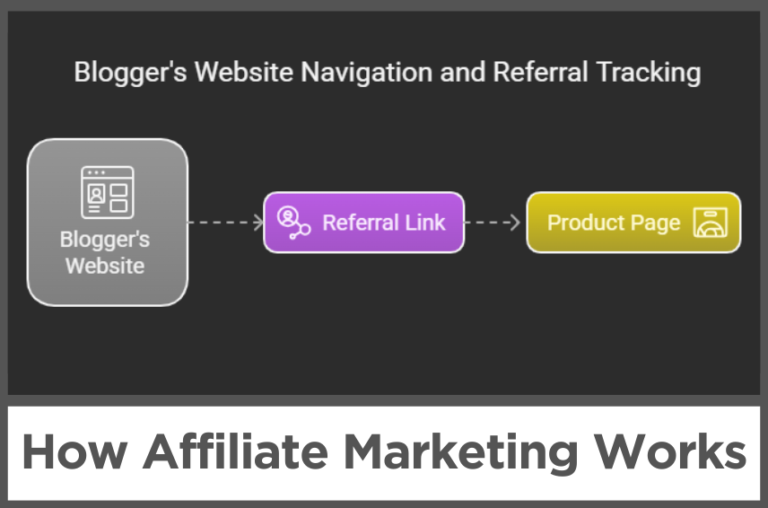M10.C1: Legal Disclosures, GDPR & FTC Guidelines
by Abhigyan
One area that many affiliate marketers overlook, especially in the early days, is legal compliance.
It’s easy to get caught up in writing product reviews, running ads, or managing content teams, while neglecting the legal obligations that come with collecting user data or recommending products for profit.
But failing to follow the rules can lead to serious consequences, including financial penalties, reputational damage, or being banned from affiliate programs altogether.
This chapter is about giving your business the legal structure it needs to thrive.
We will walk through the most important regulations that apply to affiliate marketers today, including the proper way to handle affiliate legal disclosures.
We’ll also learn how to stay compliant with GDPR when collecting emails or tracking visitor behavior, and what the FTC expects from digital advertisers when promoting products.
Affiliate marketing is built on influence, and influence depends heavily on credibility.
The more transparent and compliant you are, the more likely your audience will take your recommendations seriously.
Complying with regulations might sound dry or intimidating at first, but it becomes empowering once you understand the basics.
When you know your business is operating on solid legal ground, you can pursue growth more boldly and confidently.
Disclosure: Some of the links I share might be affiliate links. If you click on one and make a purchase, I may earn a small commission as a thank you. But don’t worry, it won’t cost you anything extra. I only recommend stuff I genuinely believe in. Your support helps me keep creating awesome content. You can read my full affiliate disclosure in my disclaimer page.
IN THIS POST :
ToggleWhy Legal Compliance Matters
Legal compliance is something many affiliate marketers tend to overlook when they are just starting out.
The excitement of launching a new site or campaign can make it tempting to gloss over the small print.
But these “small” details can lead to big problems if you ignore them. Laws and regulations exist for a reason.
They protect consumers from deception, ensure transparency in marketing, and create a fair environment for both advertisers and publishers.
As an affiliate, you are not just a content creator. You are actively participating in commerce, which means you are subject to rules that govern how products are presented and how data is collected.
It is not uncommon for affiliates to assume that legal disclosures or privacy policies are only relevant to large businesses or ecommerce brands. That is not true.
If you recommend a product and earn a commission from a sale, then you are legally obligated in many regions to inform your readers about that relationship.
Failing to disclose affiliate relationships or to handle user data properly can lead to fines, lawsuits, or even bans from affiliate programs.
Beyond avoiding penalties, being legally compliant builds trust with your audience.
When visitors see that you are upfront about how you make money and how their data is handled, they are more likely to respect your content and recommendations
Basics of Affiliate Legal Disclosures
An affiliate disclosure is a clear, honest statement that tells your audience you may earn a commission if they click a link and make a purchase.
It is not a complicated legal document. It is a simple explanation placed where people can see it.
This kind of transparency is required by law in many countries, including the United States under the guidelines of the Federal Trade Commission.
Many new affiliates make the mistake of burying disclosures in footers or linking them to a separate page. That is not enough.
Disclosures should be placed close to the affiliate links, especially in product reviews or comparison posts. If you are recommending a product in a video, say it out loud.
If you are using Instagram, include a clear message in your caption. The goal is to make sure the reader knows about your relationship with the company before they click anything.
Writing a disclosure does not have to feel awkward. You can make it part of your tone.
For example, “This post contains affiliate links, which means I may earn a commission at no extra cost to you if you buy something through my recommendation.”
This kind of wording feels honest and conversational.
It does not disrupt the reader experience and adds a layer of professionalism that serious affiliate marketers should embrace.
GDPR Explained For Affiliate Marketers
The General Data Protection Regulation, known as GDPR, is a set of privacy laws that came into effect in the European Union.
It focuses on how personal data is collected, stored, and shared. While it was created in Europe, it affects websites that receive traffic from the EU.
That means even if your business is based elsewhere, you still need to pay attention to these rules if you have visitors from those regions.
For affiliate marketers, GDPR becomes relevant the moment you collect any data from users.
That includes email addresses, names, IP addresses, or even cookies used for tracking. You are required to inform users about what data you collect and why.
You must also give them a way to opt out or delete their data upon request.
Having a clear privacy policy is the first step, but you also need to make sure your website infrastructure respects these rights.
There are practical things you can do to stay compliant. Use a cookie consent banner that gives users the ability to opt in to tracking.
Make sure your email opt-in forms are GDPR compliant with checkboxes for consent. If you use third party tools, verify they follow GDPR rules too.
Staying compliant is not a one-time task. It is a process that should be revisited as you grow and expand into new regions or use more tools.
FTC Guidelines And Your Responsibilities
The Federal Trade Commission, or FTC, sets the rules for advertising practices in the United States.
Their guidelines are designed to protect consumers by ensuring they are not misled.
As an affiliate marketer, your content falls under these guidelines because you are promoting products and encouraging purchases.
This means you are responsible for how products are presented and what kind of promises you make.
The FTC requires that any material connection between you and a brand must be disclosed. That includes affiliate relationships, sponsorships, gifts, or free products.
If someone reading your blog or watching your video might think your recommendation is purely personal, and you are actually earning money from it, that could be considered deceptive unless you clearly state the relationship.
The tone and placement of these disclosures matter. The FTC recommends using plain language and placing disclosures where people will notice them.
Saying “I may receive compensation for purchases made through this link” at the top of a blog post is better than hiding a vague statement in a sidebar.
The idea is to give readers all the information they need to make an informed decision, not to trick them into buying something.
Following these rules helps you build long term credibility and avoids unnecessary legal trouble.
Crafting A Compliant Privacy Policy
A privacy policy is not just a legal formality. It is a statement of trust between you and your audience.
It tells visitors what kind of data you collect, how it is stored, and who it is shared with.
If you collect email addresses, use cookies, or run analytics tools, then you need to explain these practices in your policy.
Most affiliate marketers use tools like Google Analytics, Facebook Pixel, or email marketing platforms, all of which involve data collection.
Your privacy policy should be easy to find, typically linked in your website footer.
It should cover areas such as what data is collected, how long it is stored, what third parties have access to it, and how users can contact you to delete or correct their information.
If you work with affiliates or ad networks, disclose that as well.
You do not need to write your policy from scratch. There are generators and templates available that can help you create a compliant document.
However, make sure you understand what it says. You are legally responsible for honoring the policy you publish.
As you update your tools or expand your business, come back to your privacy policy and make sure it reflects your current practices.
A clear, updated policy adds a professional layer to your site and builds confidence in your visitors.
Handling User Data Responsibly And Securely
Collecting data comes with the responsibility to protect it.
Whether you are storing email addresses from an opt in form or tracking user behavior through analytics, you are dealing with personal information.
If that data gets leaked or misused, it can lead to major problems for your brand and legal consequences depending on your jurisdiction.
Start by choosing platforms and tools that take data security seriously. Your email marketing provider, website host, and analytics tools should all follow modern security practices.
Use secure connections on your site through HTTPS and keep your software updated. If you store data yourself, make sure it is encrypted and access is limited.
Beyond technical measures, educate yourself and your team about what data you collect and why. Avoid collecting more information than you need.
Give users the ability to opt out or manage their preferences. Make it easy for someone to unsubscribe or request data deletion.
Being proactive about data privacy shows that you care about your visitors and helps you stay ahead of changing laws.
Common Legal Pitfalls In Affiliate Marketing
Many legal issues in affiliate marketing come from lack of awareness rather than intentional misconduct.
People skip over disclosures, copy competitor content, or use misleading claims without realizing the consequences.
That is why it is so important to take a proactive approach. Do not wait for a warning letter or a program ban before you tighten up your practices.
One common mistake is copying product descriptions directly from the seller’s website.
This can lead to duplicate content penalties on search engines and potential copyright issues.
Another mistake is using bold claims in your marketing such as “guaranteed results” or “risk free” without evidence.
These kinds of statements can be considered deceptive and may get you into trouble.
Another overlooked area is international traffic. If your site gets visitors from outside your country, you may be subject to additional laws like GDPR or other regional privacy acts.
Make it a habit to review your disclosures, content, and privacy policies regularly. As your business grows, so do your responsibilities.
Paying attention to the legal side of affiliate marketing helps you stay focused on growth without unexpected setbacks.
Building Trust Through Ethical Practices
Transparency goes beyond legal compliance. It is a mindset that sets the tone for your entire affiliate business.
When visitors know you are honest about your relationships, how you make money, and how you use their information, they are more likely to come back, share your content, and trust your recommendations.
That kind of trust cannot be bought with traffic or clever marketing. It is earned through consistency.
Being transparent helps you stand out. The affiliate space is crowded, and many sites focus purely on sales.
But when you focus on educating your audience and being open about your incentives, people notice.
A thoughtful disclosure or a clear privacy notice can build more goodwill than a flashy headline. These small details tell your audience that you respect them.
Over time, building an ethical affiliate business pays off in more than just compliance.
It creates a reputation that opens doors to partnerships, sponsorships, and long term opportunities.
You become known as someone who takes their audience seriously, and that makes a difference.
What’s Next?
Once your legal foundation is solid, you’re in a better position to pursue bigger growth opportunities.
The next chapter explores how to build powerful collaborations through joint ventures and strategic partnerships.
These alliances can open new traffic sources, increase your authority, and help you scale faster than you ever could alone.
Next Chapter:
Previous Chapter:
Abhigyan Mahanta
Hi! I’m Abhigyan, a remote web developer and an affiliate blogger. I create beginner-friendly guides to help new affiliates get started and grow in affiliate marketing. I also share information on remote companies and interview preparation tips.

